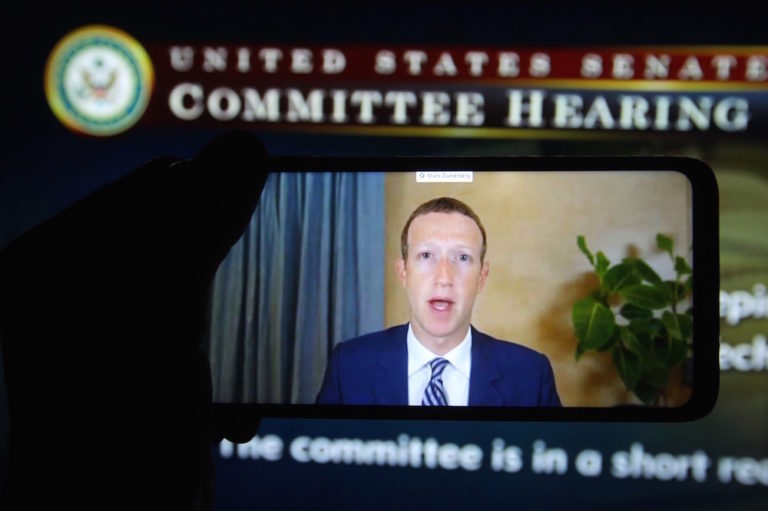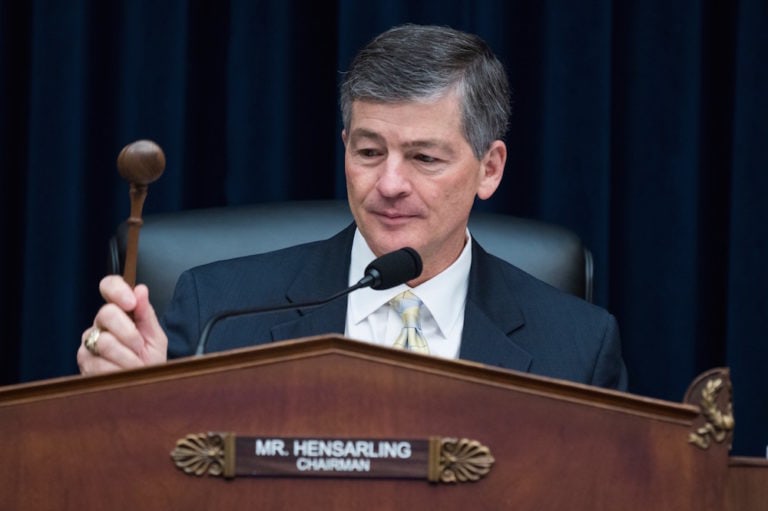Articles by Electronic Frontier Foundation (EFF)

Indonesia’s proposed online intermediary regulation may be the most repressive yet
The internet regulation introduced in November 2020 by the Indonesian Ministry of Communication and Information Technology (Kominfo) seeks to tighten the government’s grip over digital content and users’ data.

New EFF report shows cops used Ring cameras to monitor Black Lives Matter protests
The LAPD sent at least one request for Amazon Ring camera video of last summer’s Black-led protests against police violence – raising First Amendment concerns.

It’s not Section 230 you hate, it’s oligopolies
Section 230 is not a gift to Big Tech, nor is repealing it a panacea for the problems Big Tech is causing – to the contrary repealing it will only exacerbate those problems. The thing you hate is not 230. It’s lack of competition.

The old media and the new must work together to preserve free speech values
‘I urge us all to stay steadfast to our traditional distaste for government regulation of journalistic practice. Good journalism is certainly an ideal. It is an admirable quality to urge any media outlet to adopt and follow,” EFF Civil Liberties Director David Greene.

Why EFF doesn’t support bans on private use of face recognition
Instead of a prohibition on private use, EFF supports strict laws to ensure that each of us is empowered to choose if and by whom our faceprints may be collected.

EFF’s top recommendations for the Biden administration
EFF prepared a transition memo for the incoming Biden administration, outlining their recommendations for how it should act to protect everyone’s civil liberties in a digital world.

New OCC rule is a win in the fight against financial censorship
The Office of the Comptroller of the Currency finalized its Fair Access to Financial Services rule, which will prevent banks from refusing to serve entire classes of customers that they find politically or morally unsavory.

So-called “consent searches” harm our digital rights
Learn more about how the police evades the Fourth Amendment’s requirement to obtain a warrant.
